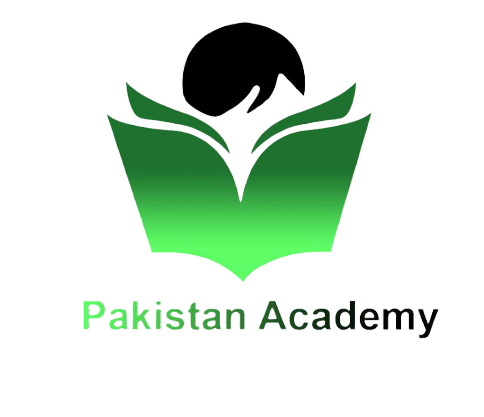The Quran, a timeless source of guidance and wisdom, is more than just a religious text—it is a bridge connecting generations through shared values, faith, and the pursuit of knowledge. Teaching the Quran goes beyond imparting recitation skills; it fosters a deeper connection to faith and helps preserve Islamic heritage across generations.
In this blog, we explore how Quranic education creates a lasting bond between individuals, families, and communities.
1. Passing Down Islamic Values and Morals
Teaching the Quran instills core Islamic values, such as honesty, compassion, and humility, which are vital for building character. When these teachings are shared across generations, they create a strong moral foundation that binds families and communities.
For example:
- Parents and grandparents often teach younger generations how Quranic principles apply to daily life, promoting unity and understanding.
2. Strengthening Faith and Spirituality
Quranic education fosters a deep connection with Allah (SWT) and strengthens spiritual practices. Learning the Quran encourages reflection and devotion, enabling individuals to find peace and guidance in life’s challenges.
When elders share their experiences of living by Quranic principles, younger generations gain insights into the practical application of their faith.
3. Encouraging Intergenerational Learning
Teaching the Quran creates opportunities for intergenerational bonding:
- Parents teaching their children builds trust and understanding.
- Grandparents sharing Quranic stories fosters a sense of belonging and respect for tradition.
- Families learning together creates a shared spiritual journey, enriching relationships.
This collaborative learning process ensures the Quran’s teachings remain a vibrant part of everyday life.
4. Preserving Islamic Heritage
By teaching the Quran, families contribute to the preservation of Islamic culture and traditions. Recitation, understanding, and applying the Quran help ensure its eternal relevance for future generations.
Educational institutions, such as Pakistan Academy, play a crucial role in maintaining this legacy by providing structured Quranic learning programs.
5. Promoting Lifelong Learning and Reflection
The Quran encourages lifelong learning and critical thinking. Teaching its verses motivates individuals to explore deeper meanings, fostering intellectual and spiritual growth.
Elders teaching younger generations inspire curiosity, paving the way for continuous exploration of Islamic teachings.
6. Teaching Nazra-e-Quran: Building a Strong Foundation
Nazra-e-Quran (reading the Quran with proper pronunciation) is the first step in Quranic education. It equips learners with the skills to recite the Quran fluently, instilling a sense of achievement and paving the way for further study, such as Tafsir (interpretation) and memorization.
At Pakistan Academy, we specialize in teaching Nazra-e-Quran to students of all ages, ensuring they learn with accuracy and confidence.
7. Utilizing Modern Teaching Tools
While traditional methods remain essential, modern tools like apps, online classes, and multimedia resources make teaching the Quran more accessible. These tools bridge geographical gaps, allowing families to stay connected through shared Quranic education, even from a distance.
8. Building Community Through Quranic Education
Teaching the Quran extends beyond the family, fostering community engagement. Quranic classes, study circles, and recitation competitions create opportunities for individuals to connect, share knowledge, and inspire one another in their faith journeys.
How Pakistan Academy Supports Quranic Education
At Pakistan Academy, we are committed to providing quality Quranic education that bridges generations. Our services include:
- Nazra-e-Quran Classes: Teaching Quranic recitation with Tajweed.
- Quran Memorization Programs: Step-by-step guidance for Hifz (memorization).
- Online Quranic Learning: Accessible classes for students worldwide.
- Personalized Tutoring: Tailored lessons for students of all ages and skill levels.
Conclusion
Teaching the Quran is a powerful way to unite generations, instilling values, strengthening faith, and preserving Islamic heritage. By fostering a shared journey of learning, families and communities can create lasting bonds rooted in knowledge and spirituality.
At Pakistan Academy, we are honored to play a role in this transformative journey. Join us in bridging generations with the timeless wisdom of the Quran. Contact us today to learn more about our Quranic education programs.






